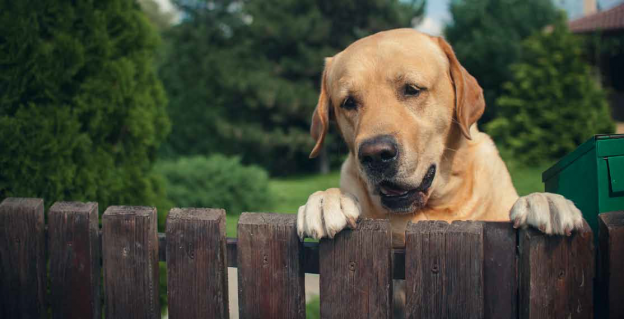
Getting your dog desexed is an important duty for every responsible pet owner, but does desexing turn your four-legged friend into a different dog? Tim Falk reports.
There are plenty of excuses some dog owners give for not getting their pet desexed: it’s cruel; it’s not natural; I’ll be depriving my dog by not letting him or her procreate.
While none of these excuses have any basis in fact, some dog owners don’t want their pet to get desexed because of the changes in behaviour it may lead to. These owners claim their pet will lose his or her unique spark and turn into a completely different dog to the one they know and love — and if they adore their pet’s personality just the way it is, why would they do anything that could change it? But is there any truth to this belief?
“Desexing doesn’t change a dog’s individual personality,” says small-animal vet Dr Joanna Paul of creatureclinic.com. “It will not change the things they enjoy or the relationship they have with you. Contrary to popular belief, it’s unlikely that desexing will ‘calm down’ a dog, because boisterous or unruly behaviour has little to do with reproductive hormones.
Benefits of desexing
Dr Liisa Ahlstrom, technical services veterinarian at Bayer, outlines the many different benefits of desexing dogs, including:
Animal welfare
- Preventing unwanted litters
- Not adding to the many homeless dogs
Practical
- Not needing to keep your female socially restricted when she is on heat
- No roaming males trying to access your yard
- No blood spotting in the home when your female pet is on heat
Economical
- No vet bills if the female is unable to deliver the puppies unassisted
- No additional food or vet bills for the puppies
- A desexed dog costs less to register with your local council
Medical
Desexed males have a lower risk of:
- Prostate disease
- Perineal hernias
- Perianal adenomas
- No risk of testicular tumours
Desexed females have a lower risk of:
- Mammary tumours
- Metritis or pyometra
- Uterine/vaginal neoplasia (tumours)
- No risk of ovarian cysts or neoplasia (cancer)
Behavioural
- Can help reduce hormonal-driven behaviour such as dominance and aggression
- Females can become shy when in heat if harassed by male dogs
- Reduces the drive to mount, urine-mark, fight, be territorial
- Reduces the instinct in male dogs to wander and seek female partners
This story was originally published in the March/April 2016 issue of Dogs Life. For more information on these doggy destinations, order your copy online at universalshop.com.au.
Love dogs? Why not visit our DOGSLife Directory



